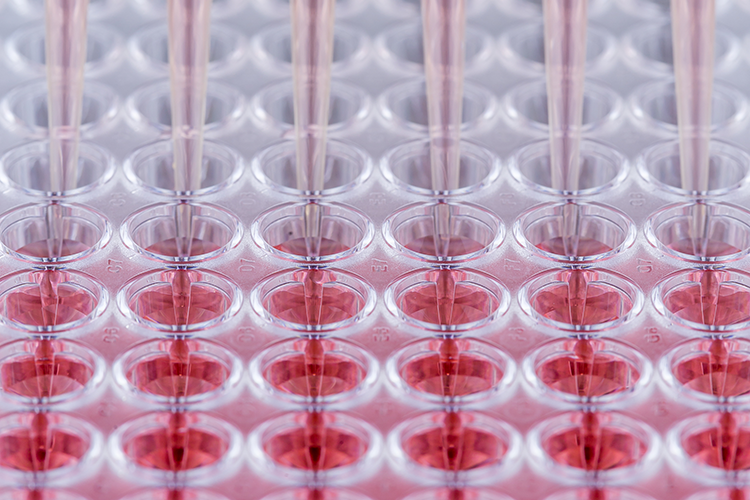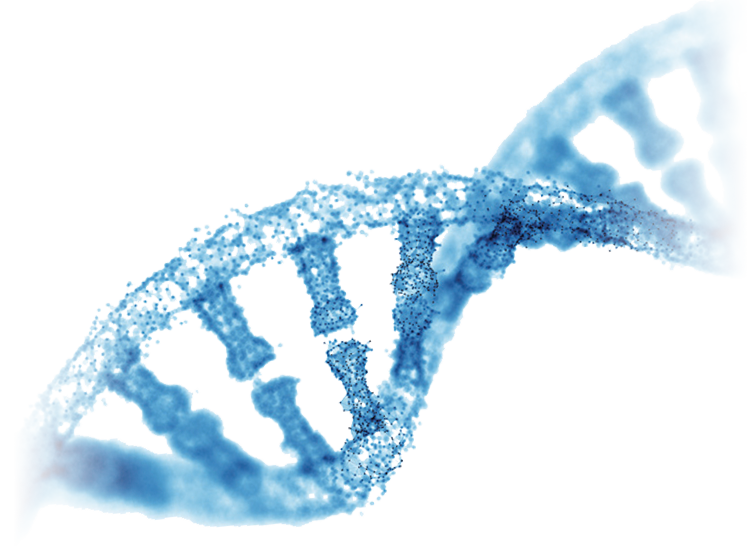Genetic Toxicology Studies
Comprehensive Genetic Toxicology solutions to meet your regulatory milestones.

Inotiv’s Genetic Toxicology (Genetox) services support your project with a full battery of validated genetic toxicology in vitro cell-based assays and in vivo assays to meet current ICH, OECD, FDA, EPA, and international guidelines. We provide standard and tailored services to meet your testing needs.
Genotoxicity assessment has long been an important and required aspect of product development and is required as part of the hazard assessment for most products intended for human exposure. As a worldwide leader in genetic toxicology, Inotiv is uniquely positioned to provide the assays, testing paradigms, and expert advice to assist in the safety assessment of your products in development.
Inotiv acquired the assets from BioReliance® Genetic Toxicology in July of 2021, and completed the acquisition of Integrated Laboratory Systems, LLC (“ILS”) services in January 2022.
Inotiv’s team of toxicology specialists, coupled with our comprehensive capabilities, offers an unparalleled suite of genetic toxicology resources to confidently assess your compound's safety profile, including:
- Expert Guidance on Assay Selection
- Large Historical Database for Every Standard Assay
- Clear Guidance for Managing Positive Test Results
Comprehensive End to End Solutions for Genotoxicity Assessment
Our Genetic Toxicology team has worked with a broad spectrum of test articles and has performed thousands of genetic toxicology studies in accordance with international guidelines. Regulated studies are conducted in full compliance with pertinent GLP regulations. As your partner, you have access to a team with years of experience in all aspects of genetic toxicology.
Frequently Asked Questions (FAQs) for General Genetic Toxicology:
What is genetic toxicology?
Genetic Toxicology refers to in vitro and in vivo tests aimed at identifying substances that can cause genetic alterations in somatic and/or germ cells and to use this information to make a variety of regulatory decisions. It includes mutagenicity and DNA damage assessments.
What is the standard “battery” of genetox tests?
The standard battery for genetic toxicology is an Ames test for mutagenicity, in vitro mammalian cell test for chromosomal damage and an in vivo test for chromosomal damage
Do all drug development compounds require genetic toxicology testing?
Genetic toxicology is typically required for small molecule drugs; however not all small molecule drugs require genetic tox as part of an IND enabling package, such as oncology products.
Which Option under ICHS2(R1) should I choose?
Option 1 is the typical testing paradigm for genetic toxicology. This includes an Ames assay, either an in vitro micronucleus, in vitro chromosome aberration or mouse lymphoma assay to be performed prior to IND. An in vivo micronucleus in not required until after Phase I clinical if the Ames and in vitro assays are negative.
In certain instances, Option 2 may be preferred. Option 2 includes an Ames assay and a 2-endpoint in vivo assay, typically an in vivo micronucleus and Comet assay in rodents. Option 2 would be used if you are developing a class of compound that is known to be clastogenic.
What is the purpose of non-GLP screening studies?
Non-GLP genetic tox studies are used to screen out compounds for mutagenicity or clastogenicity prior to further development. These are usually miniaturized versions of the GLP assays and have high concordance with the GLP assay.
What genetox assays are recommended for Liquid Nanoparticles (LNPs)?
As LNPs are not able to cross into bacteria, it is recommended to use a mammalian cell line to test for mutagenicity. Therefore, the usual assays run for LNPs are an in vitro micronucleus and an HPRT mammalian cell mutagenicity study.
How do you follow-up on a positive genetic toxicology test?
If you have a positive genetic toxicology test... DO NOT PANIC! There are many additional testing options for following up a positive outcome and contributing to weight of evidence.
The follow-up to a positive Ames assay is a Pig-A assay or a transgenic rodent mutation assay.
A positive in vitro mammalian cell assay is typically followed up with an in vivo Comet assay. However, a positive signal in an in vitro micronucleus assay can be further interrogated with FISH (fluorescence in situ hybridization) or CREST (calcinosis, Raynaud's phenomenon, esophageal dysfunction, sclerodactyly, and telangiectasias) antibodies to look at mechanism of action.






